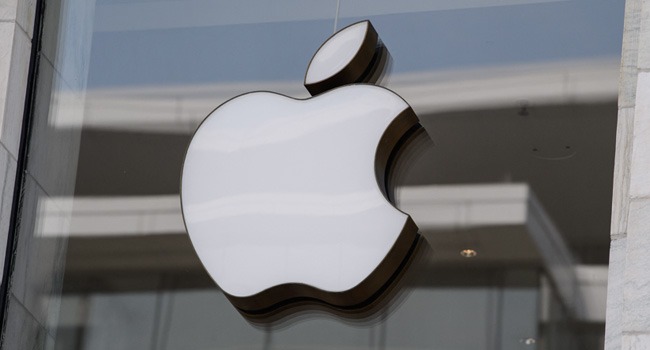The United States Department of Justice, supported by 17 states, has initiated a groundbreaking lawsuit against Apple Inc., alleging that the tech giant illegally sustained its iPhone monopoly, squelching competition and foisting high costs upon consumers.
This pivotal legal challenge announced on Thursday brings Apple into a direct confrontation with federal authorities, a scenario that has been largely avoided by the Cupertino-based company since its inception by Steve Jobs.
At the lawsuit’s core is the operation of Apple’s App Store. The government accuses Apple of imposing rigorous and occasionally obscure conditions on businesses and developers eager to access its significant US user base, estimated at 136 million.
These practices, the lawsuit contends, are designed to lock consumers within Apple’s ecosystem, coercing them into continuous purchases of its premium hardware products.
“Consumers should not have to pay higher prices because companies violate the antitrust laws,” Attorney General Merrick Garland asserted, emphasizing the risk of an unassailable smartphone monopoly if Apple’s purported practices remain unopposed.
In response, Apple has vehemently denied the allegations, asserting its compliance with the law and vowing a strong defense against the lawsuit.
The company warned that a ruling against it could create a “dangerous precedent,” allowing for undue government influence over technology design.
The complaint delves into specific practices that purportedly enrich Apple at the expense of innovation and consumer choice. It highlights Apple’s alleged efforts to stifle the development of “Super Apps,” which could offer diverse services in competition with Apple’s offerings.
The lawsuit also targets Apple Wallet’s exclusivity in tap payment technologies on the iPhone, compelling competitors to incur fees.
Furthermore, it scrutinizes Apple’s practices that ostensibly complicate messaging between iPhone and Android users, nudging consumers towards the pricier iPhone.
This extensive legal battle also examines Apple’s dominance in various sectors, including web browsing, entertainment, and automotive services, as the company seeks to diversify its revenue streams amid slowing iPhone sales growth.
Despite these challenges, Apple’s financial prowess remains unmatched, with global sales reaching $383 billion and net profits at $97 billion in 2023, positioning it at the apex of the Fortune 500 and surpassing the GDP of over 100 nations.





